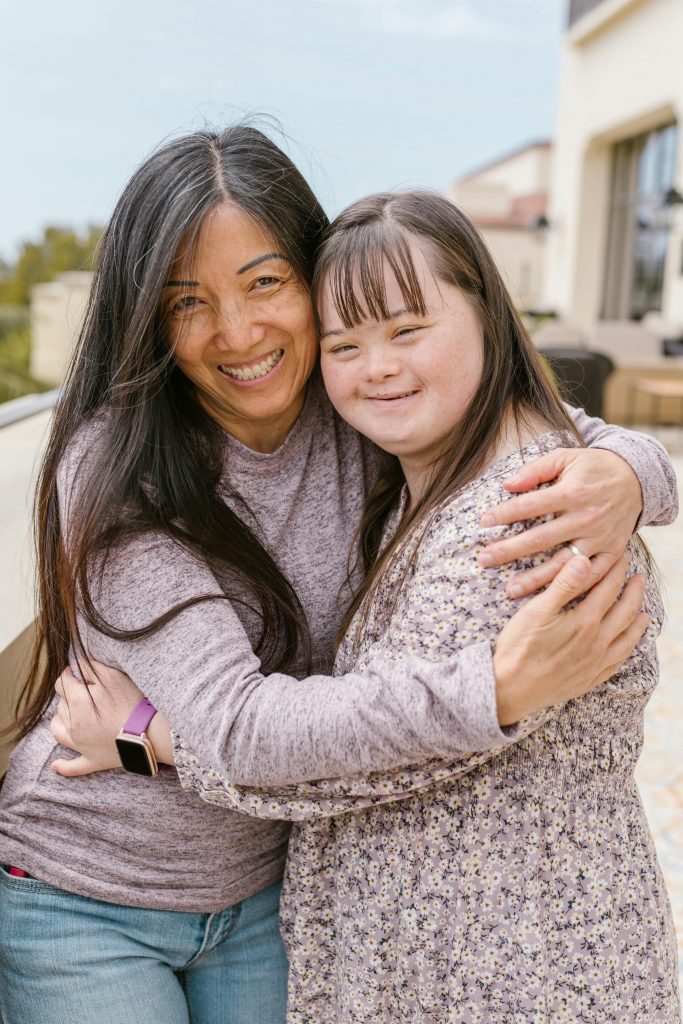Autism is a brain-based condition that can affect people of all ages and backgrounds, and affects the way that they communicate and interact with others. It’s a spectrum disorder that can be influenced by genetics, environmental factors and other medical conditions. It’s most common in children but can also be seen in adults.
A diagnosis is essential for an individual to get the help they need. An early diagnosis can improve their quality of life by providing them with a treatment plan that is individualized to their specific needs.
Diagnosis should be made by a specialist, such as a developmental pediatrician, child neurology doctor, child psychologist or child psychiatrist. They should perform a thorough evaluation that includes interviewing the parent/caregiver and observing the child in a structured way, and possibly conducting additional tests to rule out other disorders.
Many health-care professionals have limited knowledge of ASD and its symptoms, making it difficult to diagnose. ASD is often accompanied by other conditions, including Attention Deficit Hyperactivity Disorder (ADHD), gastrointestinal disorders, fragile X syndrome, sleep problems and seizure disorders.
Some individuals with ASD are nonverbal, unable to express their emotions and have difficulty understanding social cues, including facial expressions and body language. They may have a limited vocabulary or use phrases instead of words when talking, or have repetitive behavior patterns that can be challenging to break.
The best diagnosis is usually made during childhood, when children are developing their social skills and learning to interact with others. Once an individual is diagnosed, they will need ongoing treatment to reduce their core symptoms and improve their social functioning.
Autism can be life-long, so the sooner an individual is diagnosed and receives a treatment plan that is individualized to meet their unique needs, the more likely they will achieve optimal outcomes and have a satisfying, fulfilling life. A range of evidence-based psychosocial interventions and therapies have been shown to improve communication, social skills and overall well-being in children and adults with autism.
Person first language vs identiy first language.
When you talk to someone about their autism, you listen to what they’re saying, look at the way they behave and try to understand what they mean. In a lot of cases, autistic people find this really difficult. The reason for this is that there are so many different aspects to take in at once, which can be overwhelming for them.
They also have problems interpreting abstract ideas and have a different social imagination to other people, which can make it difficult for them to work out what other people are thinking or feeling. This can be very tiring for them and can lead to loneliness or isolation in their daily lives.
In recent years, people with autism have been demanding that they be referred to by a term that identifies them as an individual. This is a growing movement within the autism rights community, and has been supported by many autistic self- advocates, according to BuzzFeed News.
